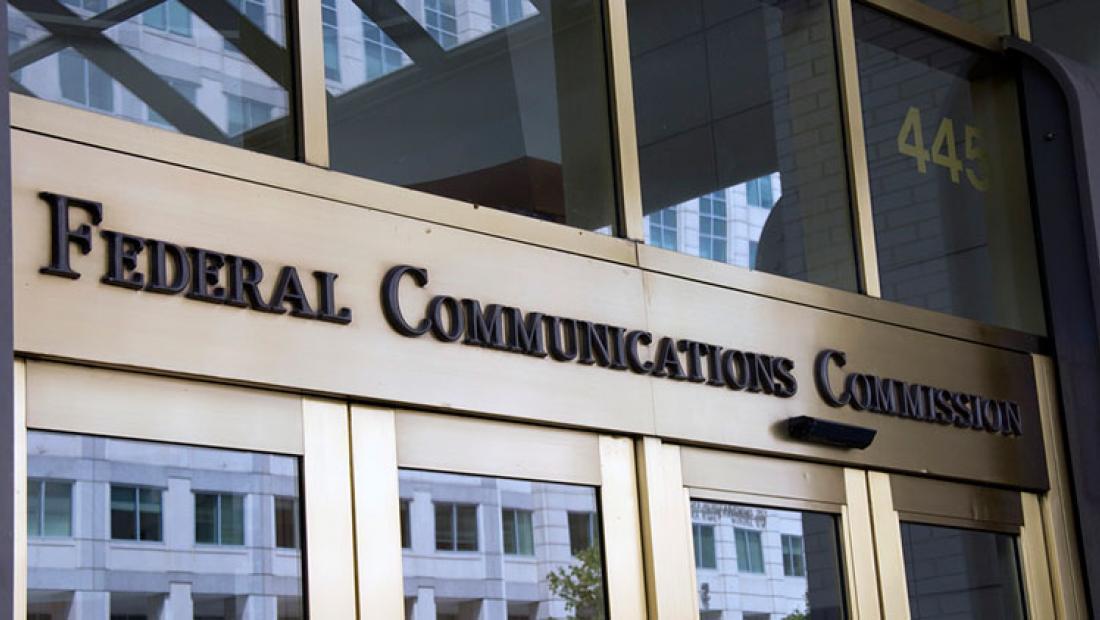PTC: FCC Yet to Address Fundamental KidVid Questions

The smarter way to stay on top of broadcasting and cable industry. Sign up below
You are now subscribed
Your newsletter sign-up was successful
The Parents Television Council says the FCC needs to answer some fundamental questions before it decides to make any "material" changes to its children's TV rules, which would mean voting on an order stemming from the July Notice of Proposed Rulemakiing it approved launching the review of the rules.
The vote was 3-1 with Democrat Jessica Rosenworcel dissenting.
Related: KidVid Advocates to FCC: Rules Were Not Made to Be Broken
The FCC is proposing to eliminate the requirements that mandatory children's educational and informational programming be at least a half-hour long and regularly scheduled, that it must air on a TV stations primary channel, and that TV stations must file quarterly children's TV reports--the item suggests annually is sufficient, and seeks input on other ways to streamline reporting requirements.
It also proposes to allow broadcasters to satisfy their kids programming obligations via sponsorship efforts or other "non-broadcast" efforts.
The item also seeks comment on other elements of its rules, including limitations on preemptions and "whether to update the three-hour per week processing guideline used in determining compliance with the children’s programming rules."
The FCC, in implementing the 1996 Children's Television Act, required broadcasters to air at least three hours of educational/informational programming per week--updated with the DTV transition to include any multicast channels that air free programming--in at least 30-minute, regularly scheduled, increments and at times when children would be expected to be watching.
The smarter way to stay on top of broadcasting and cable industry. Sign up below
"[A] number of the rule changes proposed in this NPRM are so strategic to KidVid policy that they cannot reasonably be considered until the aforementioned questions are answered," said PTC President Tim Winter.
The questions PTC says have yet to be answered in the Notice of Propose Rulemaking:
1. "What are the Educational/Informational needs of children, especially in light of the rapid and massive evolution in media technology?
2. "What is the public interest obligation of a broadcaster in the 21st Century and when does an obligation become a burden?
3. "What has been the impact of Educational/Informational TV content on children in recent years and how does that impact differ when
4. "If children aren’t watching today’s E/I content, why is that and what can/should be done to make it more appealing?”
Contributing editor John Eggerton has been an editor and/or writer on media regulation, legislation and policy for over four decades, including covering the FCC, FTC, Congress, the major media trade associations, and the federal courts. In addition to Multichannel News and Broadcasting + Cable, his work has appeared in Radio World, TV Technology, TV Fax, This Week in Consumer Electronics, Variety and the Encyclopedia Britannica.

